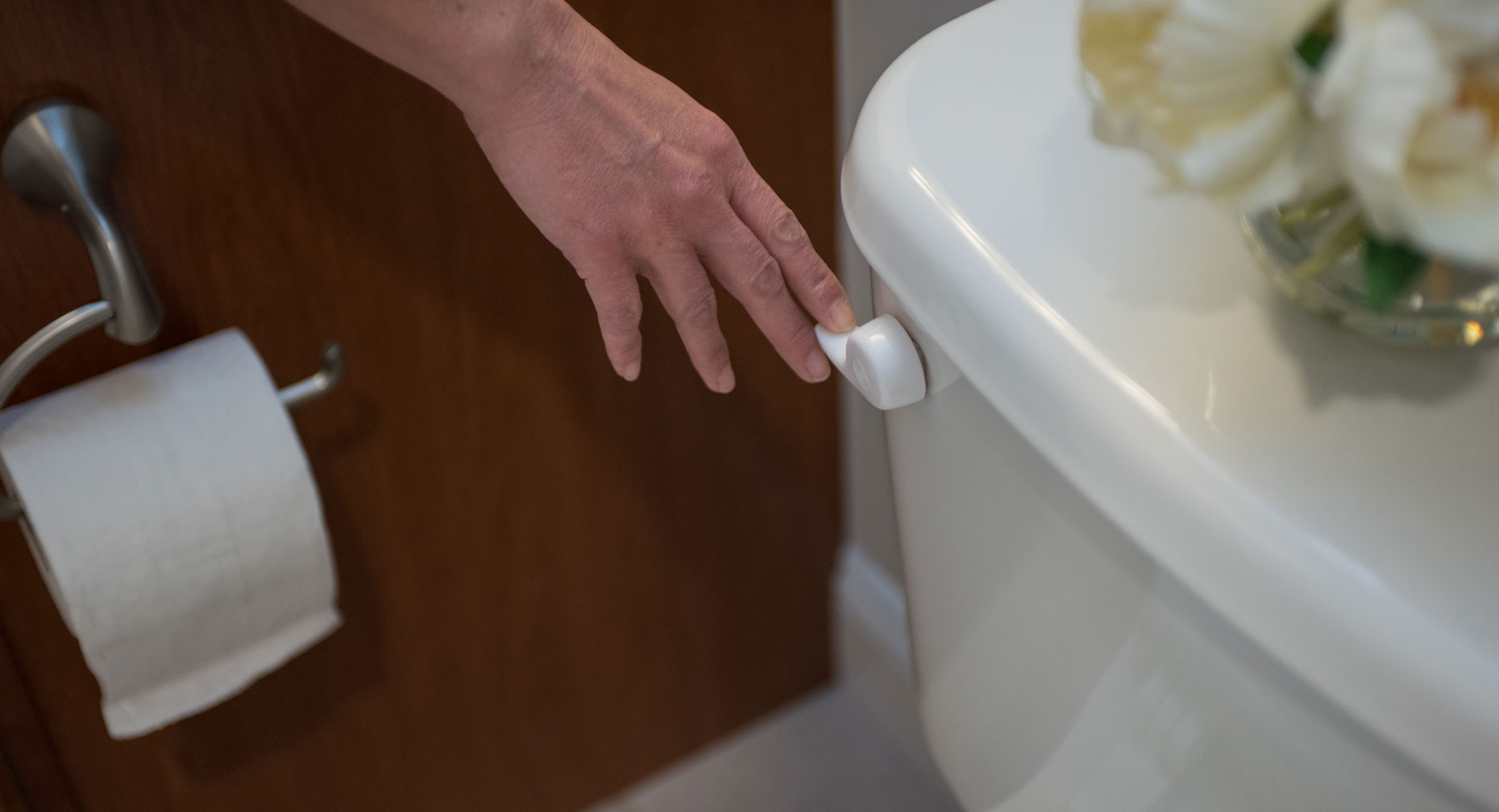The FYI on UTIs

Answer a few questions and we'll provide you with a list of primary care providers that best fit your needs.
Urinary tract infections – or UTIs – affect millions of people. Women are four times more likely to get a UTI than men are.
The urinary tract is your body’s drainage system. Every minute, your kidneys filter about three ounces of blood, removing wastes and extra water, making the one- to two-quarts of urine the average person produces each day.
The symptoms of UTI may look like other medical conditions.
Urine travels from your kidneys to your bladder and then is emptied through the urethra, a tube at the bottom of the bladder.
UTIs are infections in any part of your urinary tract. A UTI occurs when germs, most often bacteria from the digestive tract, get into the opening of the urethra and start to multiply. Most UTIs are caused by E. coli bacteria, which normally live in the colon.
Common Symptoms of a UTI:
 Because the symptoms of UTI may look like other medical conditions, you’ll want to see a health care provider for an accurate diagnosis.
Because the symptoms of UTI may look like other medical conditions, you’ll want to see a health care provider for an accurate diagnosis.
These may be signs you have a UTI:
- Frequent urination
- Pain or burning when passing urine – or even when not
- Fever
- Urine looks dark, cloudy, or reddish
- Urine smells bad
- Tiredness
- Pain in the back or side, below the ribs
- An uncomfortable pressure above the pubic bone
- Nausea or vomiting
- Despite a strong urge to urinate, you can only pass a small amount
Types of UTIs
- Cystitis (a bladder infection), the most common UTI in women
- Urethritis (an inflamed urethra)
- Pyelonephritis (a kidney infection) which, if not treated, can be serious and damage your kidneys
- Abscess (a collection of pus along the urinary tract)
Diagnosis and Treatment
Your doctor will review your medical history and do a physical exam. She may want a urinalysis, a lab test on a sample of your urine. Your doctor also may order a urine culture by sending a sample of urine to the lab to see what organisms grow from it. This usually takes two to three days. Results from the culture can be critical in determining if you have an infection and, if so, the best antibiotics to treat it. This process is especially useful in people with frequent or recurring UTIs. To ease the pain, your health care provider may recommend a heating pad or medication.
Stop UTIs Before They Start
To prevent recurrent UTIs, talk to your doctor about these steps:
- Drink plenty of water.
- Drink cranberry juice and/or take vitamin C supplements.
- Don’t put off urinating.
- Always empty your bladder fully.
- Wipe from front to back when using the toilet.
- Take showers instead of baths.
- Clean the genital area before and after sex.
- Urinate shortly after sex.
- Don’t use feminine hygiene sprays or scented douches.
- Wear cotton underwear and loose-fitting clothes.
If UTIs become a repeat problem for you, your health care provider may want you to have some tests to see if your urinary tract is normal.
Sometimes a patient has UTI symptoms but no infection is actually present. In these cases, something else may be causing inflammation inside the bladder, urethra or kidneys. Your doctor will do additional analysis if your symptoms don’t resolve or keep occurring.
Answer a few questions and we'll provide you with a list of primary care providers that best fit your needs.
Source: National Institute for Health; Healthline




